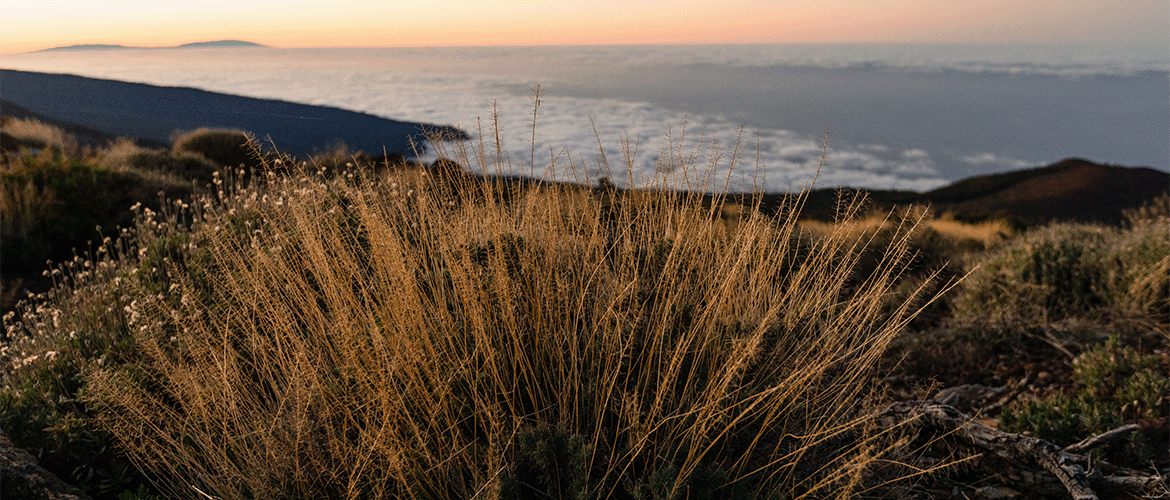
After passing a rigorous quality assurance process, 10 new measurement stations have received the status of an ICOS labelled station. The newly certified stations are located in Finland, France, Germany, Italy, Netherlands and Spain.
After the 10 new labels, altogether 124 out of the 173 ICOS stations have been standardised for greenhouse gas measurements. Station labelling is one of the key ways ICOS keeps the quality of its data high and ensures its usability in climate research. To receive the label of a standardised greenhouse gas measurement station, all ICOS stations have to pass a demanding standardisation and quality control programme.
The station labelling is an intricate process for the final implementation of ICOS standards and a compliance check for the stations. Station labelling starts with a formal application that also needs approval by the national government. The station can apply for Class 1 station, Class 2 station, or in the case of ecosystem stations, an Associated station label.
Four decades of greenhouse gas data from the subtropics
Among the newly labelled stations is the Izana observatory, whose data is a highly valuable addition to the ICOS network. The station is located on the island of Tenerife, Canary Islands, 300 kilometers from the African coast.
“We have a centenary experience, more than 100 years of collecting meteorological data and more than 40 years of collecting greenhouse data. For ICOS, we will take CO2 and CH4 measurements, which are mandatory measurements for an ICOS station. Additionally, we will take N2O and CO measurements,” says Pedro Pablo Rivas, the Principal Investigator of the Izana station.
“I think it's a good opportunity for ICOS to widen the geographical coverage because we are in the subtropics, so our measurements are representative of subtropical conditions, which are not covered yet by any other ICOS station. Our measurements of atmospheric composition will definitely help the international community to fight climate change since they are representative of background conditions at a global scale,” adds Omaira Garcia, scientist at the Izana station.
Read more about the Izana station here or watch the #ExploreICOS video of Izana below.
Class 1 Atmosphere Station Cabauw (CBW)
Country: The Netherlands; Responsible institution: TNO; Station PI: Arnoud Frumau.
Station Izaña Atmospheric Observatory (IZO)
Country: Spain; Responsible institution: Izaña Atmospheric Research Center, AEMET; Station PI: Pedro Pablo Rivas-Soriano.
Class 1 Ecosystem Station Sodankylä (FI-Sod)
Country: Finland; Responsible institution: Finnish Meteorological Institute (FMI); Station PI: Mika Aurela.
Associated Ecosystem Station Arca di Noe - Le Prigionette (IT-Noe)
Country: Italy; Responsible institution: University of Sassari; Station PI: Donatella Spano.
Associated Ecosystem Station Col du Lautaret (FR-CLt)
Country: France; Responsible institution: The National Centre for Scientific Research (CNRS); Station PI: Didier Voisin.
Associated Ecosystem Station Hetzdorf (DE-Hzd)
Country: Germany; Responsible institution: Dresden University of Technology; Station PI: Matthias Mauder.
Class 2 Ocean Station M/S Finnmaid (DE-SOOP Finnmaid)
Country: Germany; Responsible institution: Leibniz Institute for Baltic Sea Research, Warnemünde (IOW); Vessel owner: Finnlines; Station PIs: Michael Glockzin, Gregor Rehder and Henry Bittig.
Class 2 Ocean Station UK FOS Porcupine Abyssal Plain Sustained Observatory (UK-FOS PAP-SO)
Country: United Kingdom; Responsible institution: National Oceanography Centre (NOC), NationalEnvironmental Research Council (NERC); Station PI: Susan Hartman.
Class 1 Ecosystem Station Borgo Cioffi (IT-BCi)
Country: Italy; Responsible institution: National Research Council (CNR) – Institute for Agricultural and Forest Systems in the Mediterranean (ISAFOM); Station PI: Vincenzo Magliulo.
Class 2 Ecosystem Station Loobos (NL-Loo)
Country: The Netherlands; Responsible institution: University of Wageningen; Station PI: Michiel van der Molen.